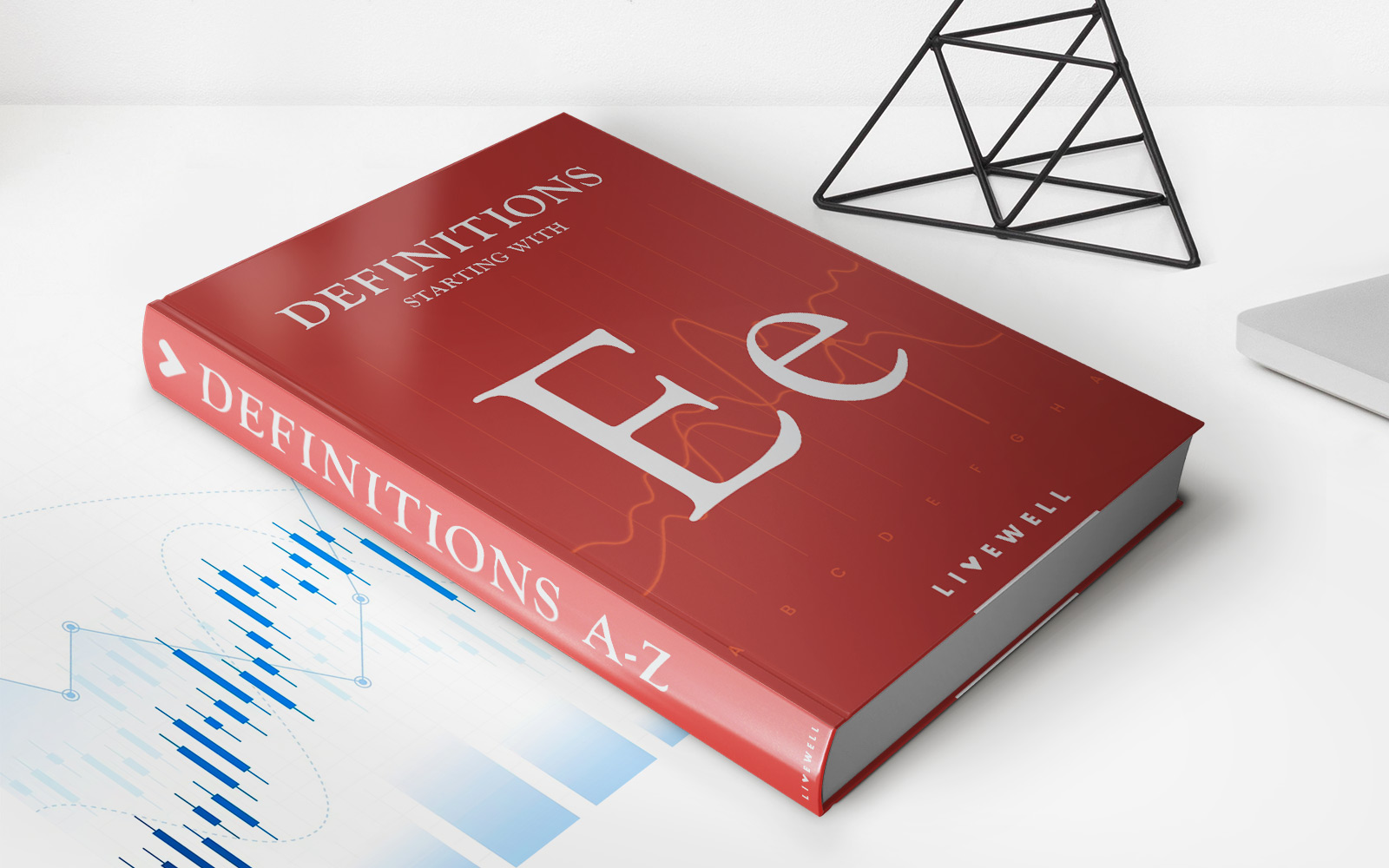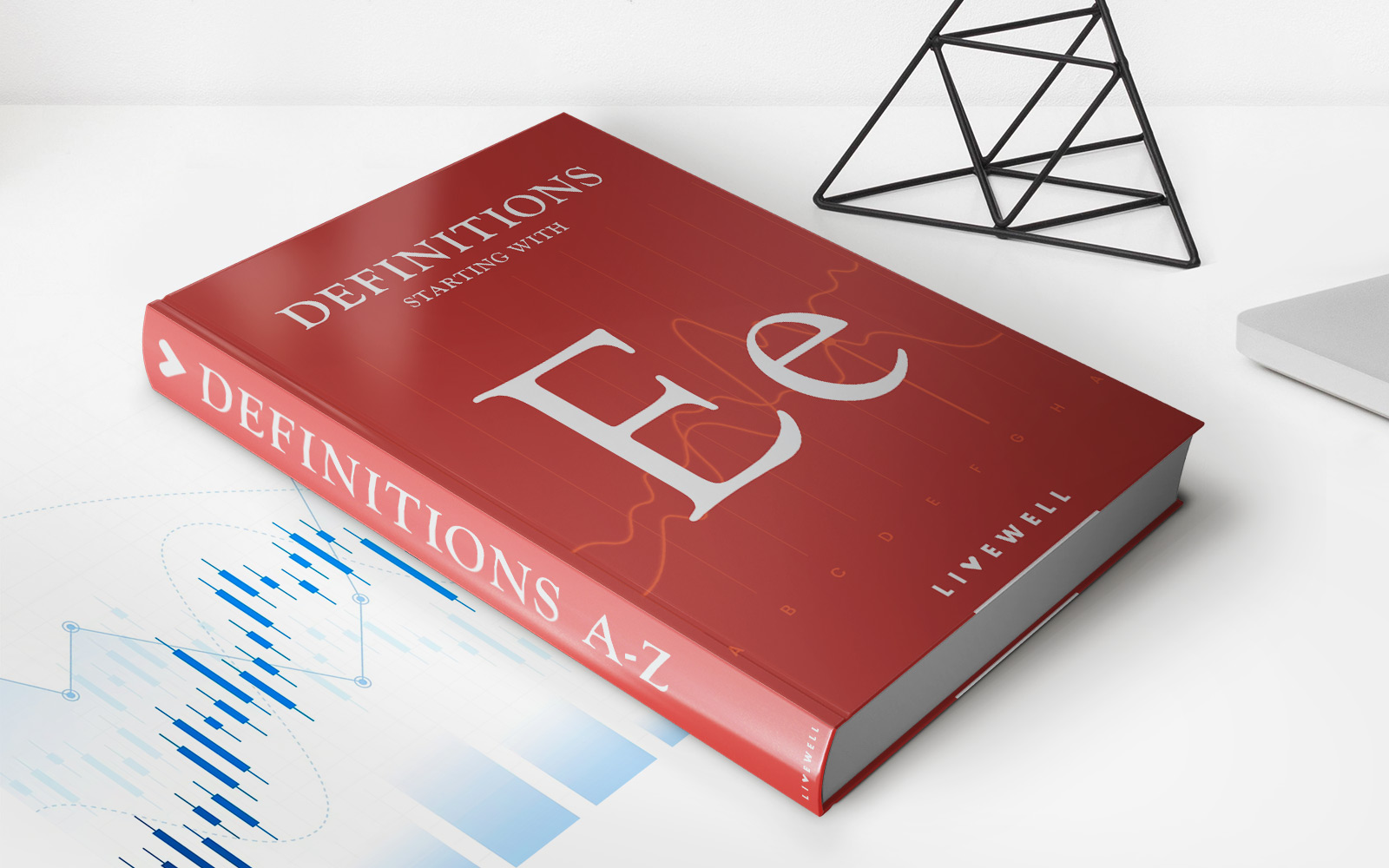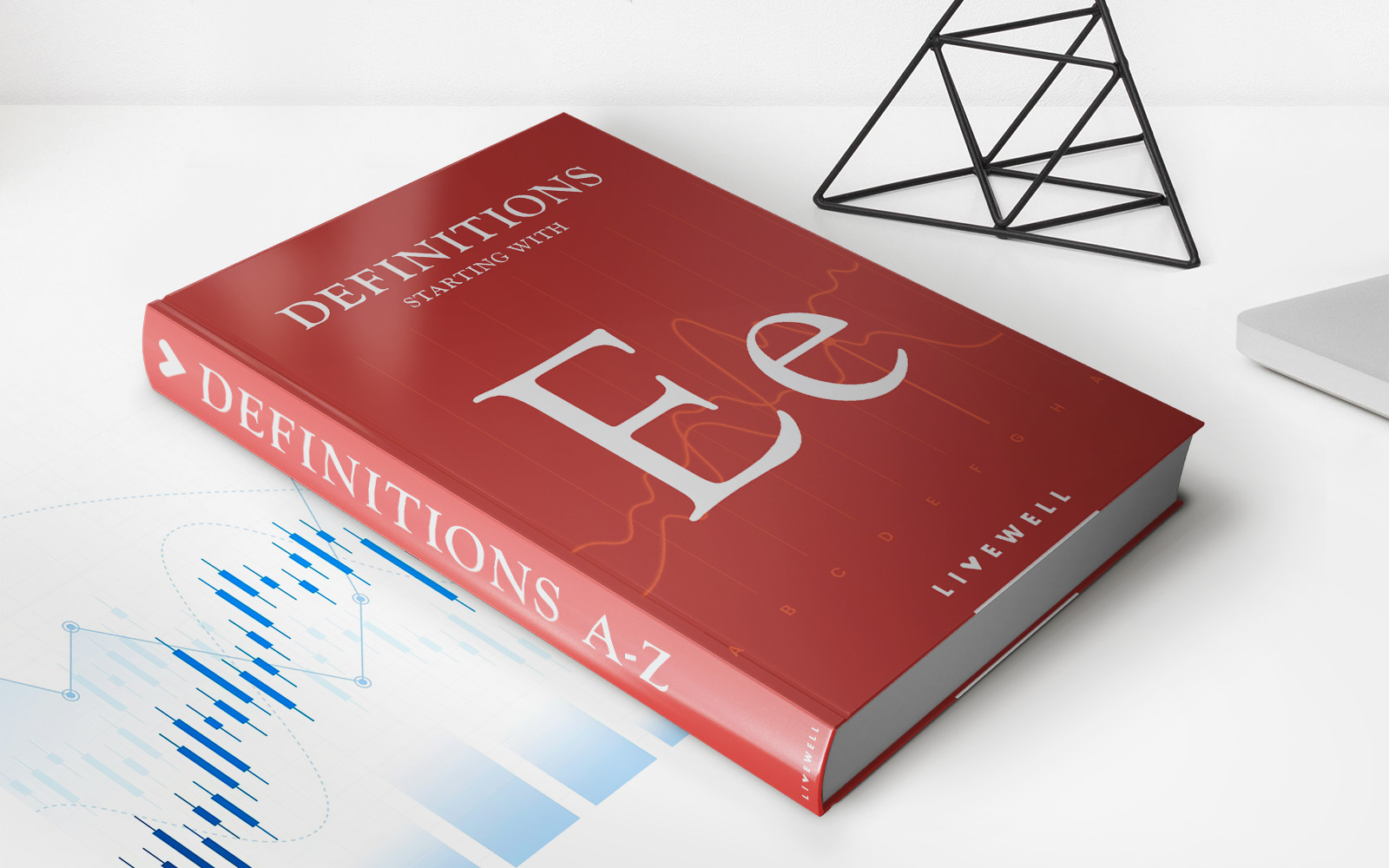

Finance
Extendable Bond Definition
Published: November 21, 2023
Learn the meaning of extendable bond in finance and how it can benefit your investments. Find out more about this financial term and its significance.
(Many of the links in this article redirect to a specific reviewed product. Your purchase of these products through affiliate links helps to generate commission for LiveWell, at no extra cost. Learn more)
What is an Extendable Bond?
Welcome to our Finance category, where we dive into various financial concepts and help you understand them better. In this blog post, we are going to explore the fascinating world of extendable bonds. Whether you are an investor looking to diversify your portfolio or a finance enthusiast eager to learn more, this article is for you.
Key Takeaways:
- An extendable bond is a type of financial instrument that allows the bondholder to extend the maturity date of the bond beyond its original expiration date.
- Extendable bonds provide flexibility to investors, allowing them to either cash out at the original maturity date or continue holding the bond for a longer period.
Now that we have our key takeaways covered, let’s dive deeper into the world of extendable bonds and understand how they work.
Understanding Extendable Bonds
Extendable bonds are fixed-income securities that allow bondholders to extend the maturity date at their discretion. These bonds typically have an initial maturity date, which is the original expiration date specified at the time of issuance.
Investors who hold an extendable bond have a choice when the initial maturity date approaches. They can either choose to cash out their bond at the original maturity, receiving the face value plus any accrued interest, or they can exercise the option to extend the bond’s maturity.
When the bondholder decides to extend the maturity, the process may involve certain conditions. For example, the bond issuer may require a specific notice period before the extension is exercised or charge a fee for extending the bond’s maturity.
The Benefits of Extendable Bonds
Extendable bonds offer several benefits to investors, making them an attractive financial instrument:
- Flexibility: Perhaps the most significant advantage of extendable bonds is the flexibility they provide. Investors can adapt their investment strategy based on market conditions and their individual financial goals. They have the option to hold the bond longer if they believe interest rates will decrease or cash out if they anticipate better investment opportunities elsewhere.
- Preservation of Income: Extendable bonds can help investors preserve their income. By extending the maturity, investors can continue receiving regular interest payments, ensuring a steady flow of income.
Conclusion
Extendable bonds are a valuable tool in the bond market, offering flexibility and income preservation to investors. Understanding how these bonds work can help investors make informed decisions when building their portfolios and managing their investments.
So, whether you’re a seasoned investor or a beginner looking to expand your knowledge, exploring extendable bonds opens up a whole new world of opportunities in the world of finance.














